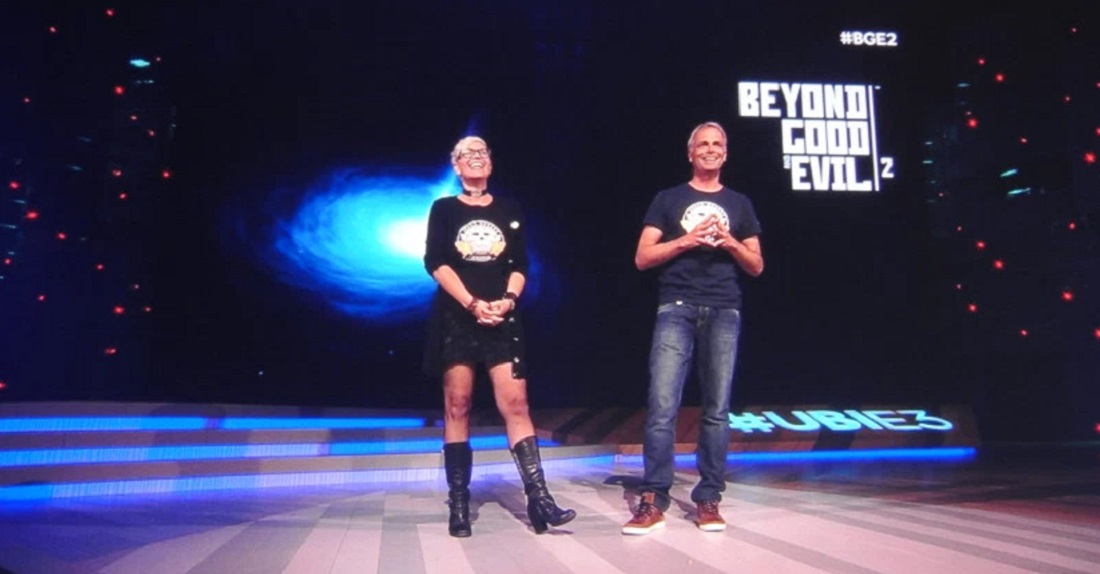The Electronic Entertainment Expo (E3) can be such a corporate event, with Soviet Union-style press conferences where the press doesn’t get to ask any questions. But there were some memorable moments at E3, particularly where some of the game developers and publishers let some emotion leak into their presentations. These are the moments we live for.
At Electronic Arts’ EA Play event on Saturday, Josef Fares of Hazelight was ebullient as he announced A Way Out, a clever co-op game where one player controls a character on one side of a split-screen and another player controls a different character on the other side. The action will seamlessly shift from cinematics to gameplay and from split-screen to single screen as the action unfolds. Fares said you won’t see anything like this game onstage.

Unlock premium content and VIP community perks with GB M A X!
Join now to enjoy our free and premium membership perks.
![]()

![]()